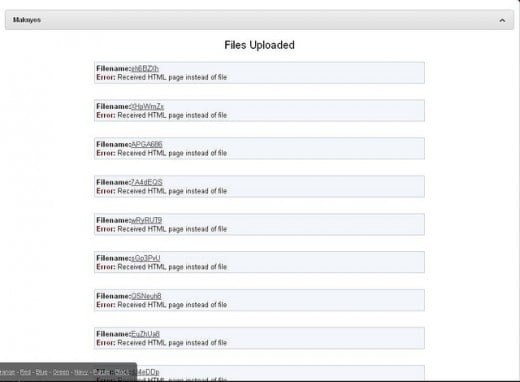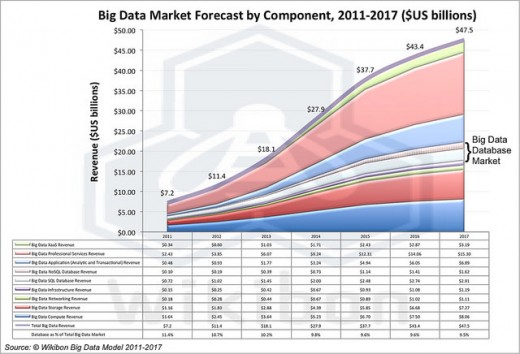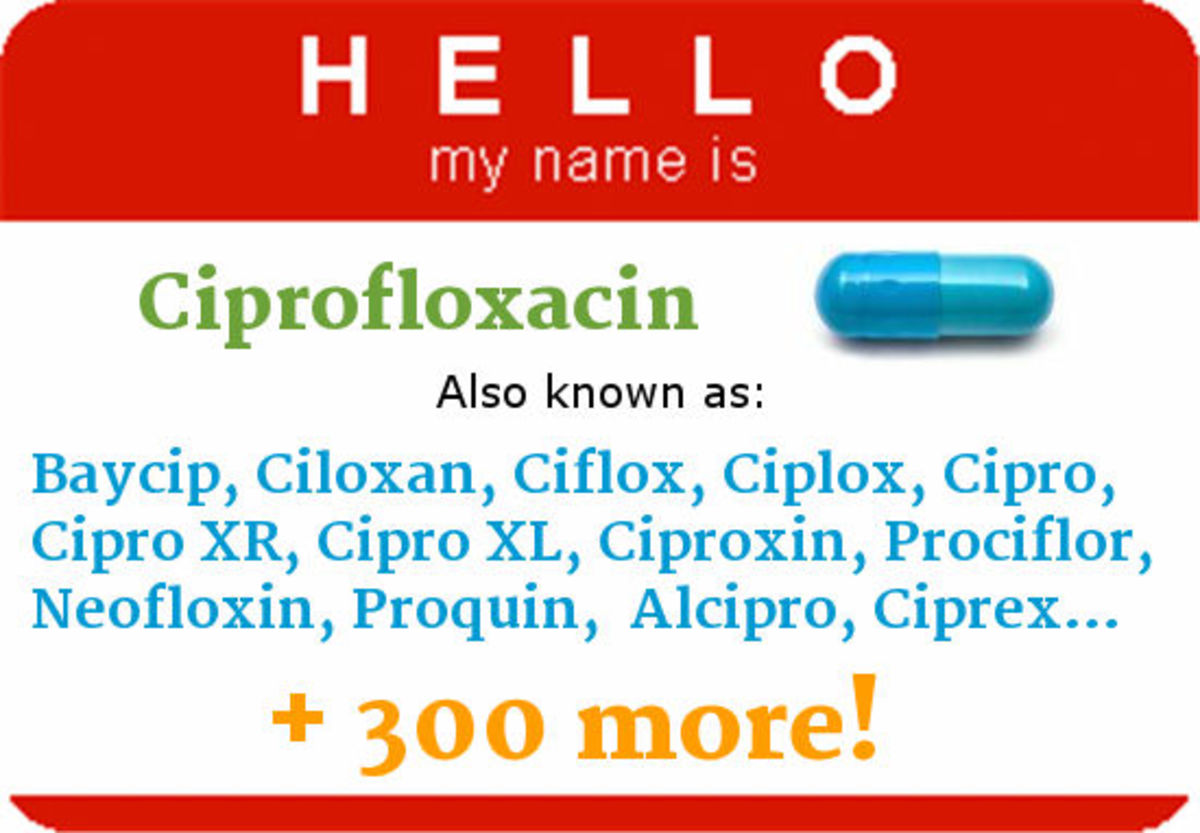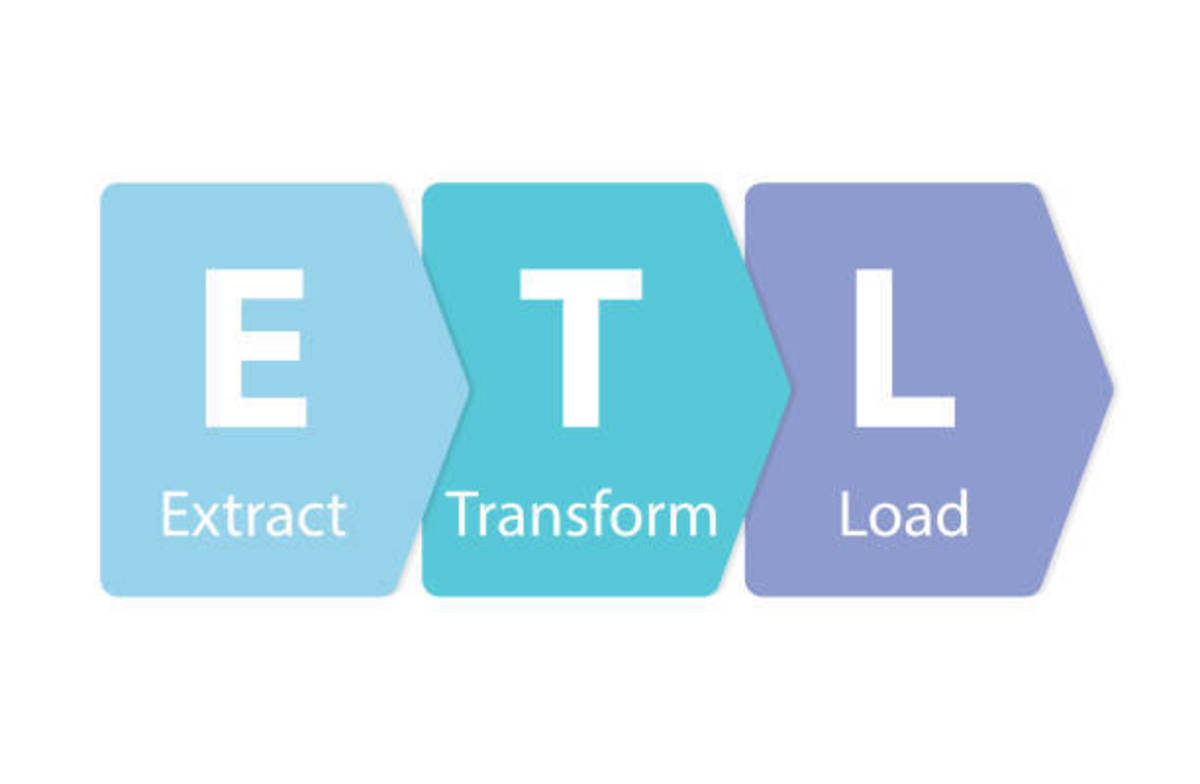Pharma Integration: Overcome IT Bottlenecks, and Speed Up the Drug Discovery Process

Previously, it was good enough for the pharma, biotechnology and life sciences companies if their drug has moved past the Federal Drug Agency (FDA). But the drug discovery or drug development process has become quite complex, continuing and increasingly inundated with data. Presently, pharma companies need to provide real time evidence and credible data to FDA explaining that their sponsored product delivers and will deliver incremental benefits to patients. The drug discovery process slogs when companies fail to smoothly exchange the research data with agencies and regulators.
Pharmaceutical organizations face distinct data integration and connectivity issues by virtue of their complex processes, and business operations. Pharma based information systems often generate a huge amount of unstructured data during the drug discovery process which entails clinical research, outcomes, adherence, sentiment analysis, sales, marketing, etc. That’s why, researchers struggle to share research information with regulatory authorities and accelerate the drug discovery process.

Integration Issues Causing the Drug Development Process to Lose its Velocity
It takes years of time and billions of dollars for any promising molecule to become a life saving drug. The primary reason for this delay is information silos existing between CROs, sponsors and regulators. That’s why, integration of clinical data has been always a serious challenge for pharma & bio-technology companies. Because of data integration issues pharma companies realize that their discovery process is slow, even after spending million of dollars.
Here are some of the prominent B2B data integration and data connectivity issues encountered by Pharma Companies that slog the drug discovery process:

Data Quality Issues: FDA recommends organizations to share only attributable, original, accurate, contemporaneous and legible data for drug approval. The clinical data must convince agencies that a drug provides real world benefits and fights with chronic diseases. However, data quality is often compromised when outdated, inaccurate, or insufficient data is interchanged with agencies due to lack of triggers to extract relevant data.

Data Errors: An error generally occurs when a data point fails to represent data from the source. Such errors can lead to invariability into the analysis and deliver wrong conclusions. Often Pharma companies fail to ensure that data collection systems are picking accurate data. Because of these resurrecting errors, Pharma Companies face difficulties in exchanging the data with federal drug agencies and meeting regulatory compliances.

Islands of Automation: Data locked in isolated business systems (electronic data Capture, statistical analysis system, clinical trial management systems, etc.) make it difficult for pharma companies for sharing data with federal agencies. Many a times researchers themselves have to normalize the data from internal and commercial database. This further deviates and delays the drug discovery process.
Combining disparate information systems, and exchanging information with Government, Federal Drug Agencies (FDA), NIH becomes a tricky operational challenge. Moreover, with manual hand-coding, it is extremely difficult to integrate Pharmaceutical information systems, i.e., Electronic Data Capture (EDC), Clinical Trial Management Systems (CTMS), Statistical Analysis System (SAS), etc.

Lack of Data Modelling Controls: Life sciences companies often lack the controls to demonstrate the efficacy of a drug. Companies fail to spot issues and take remedial actions on time. Apart from this, Pharma companies fail to capture the core business requirements at the initial level of the drug discovery process. With data modelling features, a drug company can also discover that how a drug is working and delivering positive changes to patients.

The Absence of a Data Sharing Platform: CROs and Pharma companies lack a platform to convert data and later on submitting it to the FDA. That’s why, companies face delays in the drug discovery process, regulatory fines, and reduced profit margins. Lack of data management platform is a valid reason that prevents Pharmaceutical companies from driving profitability.

Information Security Issues: Pharmaceutical data is governed by a lot of regulations and an information breach can make the organization responsible for unliquidated damages. Hence, Pharmaceutical companies must use an advanced firewall and layered approach to secure their data. The companies must have the capability to distinguish and hide confidential data while exchanging information with external vendors.

Lower the Pharma R&D Cost, and Accelerate the Drug Discovery Process with an Integrated Technology
A viable B2B data integration tool can address these overwhelming data connectivity needs by enabling business users to configure rich workflows, securely move data across different channels, and access insights which can open new avenues in the life sciences universe. An integrated ecosystem can well position pharma companies in safely speeding the drug discovery process and battling diseases of the future. It is quintessential for the Pharma companies to integrate and combine the end to end drug discovery processes and IT systems.
Here are some compelling benefits of integrated drug discovery processes:

Seamless Data Sharing: With advanced integration, the platforms to conduct clinical trials across the globe can be unified and their results can be collected at jet speed. The obtained results can be abstracted, modelled and presented for winning the regulatory approval. The information can also be framed into a unique code for the future reference.

Zero Data Errors: The business users can create and manage workflows to eliminate errors from the diagnostic data in the initial stages only. The users can also define rules for managing product specifications and reducing costly data entry errors. On top of that, data conversion features ensure that data is being accurately mapped between business systems.

Trading Partner Management: Pharma companies can collaborate their efforts for combined molecule development and data analysis. The companies can join their forces and combine their anonymised patient data in business systems to combat deadly diseases. The combined efforts can reduce cost and improve productivity of drug companies.

Automated Data Normalization and Modelling: A data integration tool enables automated data normalization and data modelling. These features help pharma companies in interpreting drug efficacy and improving products in sync with compliances. Pharma Companies with advanced data modelling controls can set up strategic data models, re-engineer their database, gather business insights and knowledge and make improvements in their drug manufacturing process.
On an average it takes over 10 years for a life saving molecule to become a certified drug. Major delays in the drug discovery process occur because of integration issues which prevent Pharma companies in exchanging clinical research data with authorities and teams. By fixing these integration issues, a drug company can significantly optimize its processes and bring drugs faster to the market.
Pharma companies need to be agile and responsive for confronting viral and life threatening epidemics of the future. And a greater burden to accelerate drug discovery fells on powerful Integration technologies as well. It can be safely said that an integration technology’s role is not restrained till fixing operational problems only. Therefore, while selecting a b2b integration platform, a pharma or biotechnology company must ensure that the solution packs the required triggers to address current & future integration needs specific to the life sciences industry.








